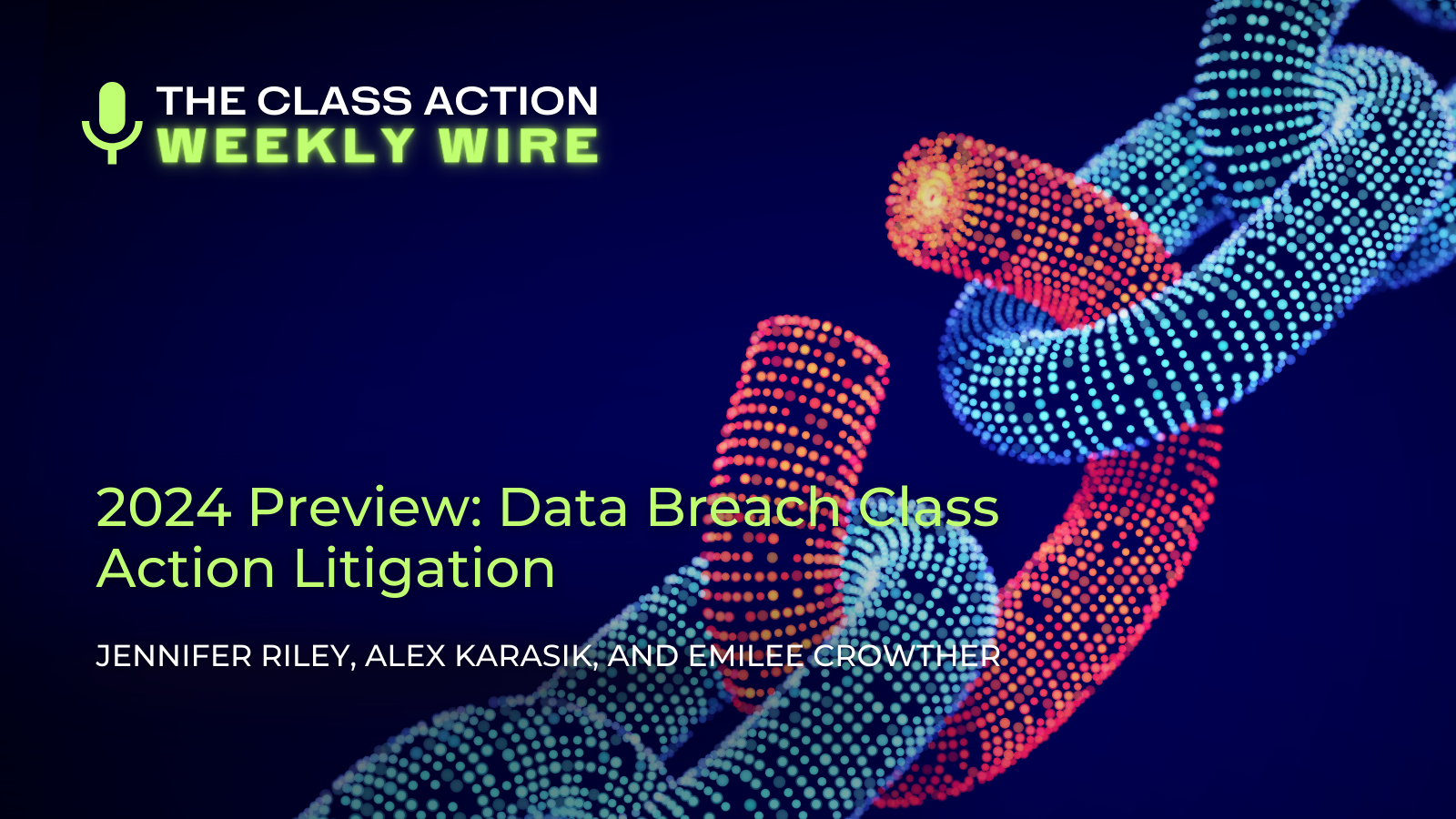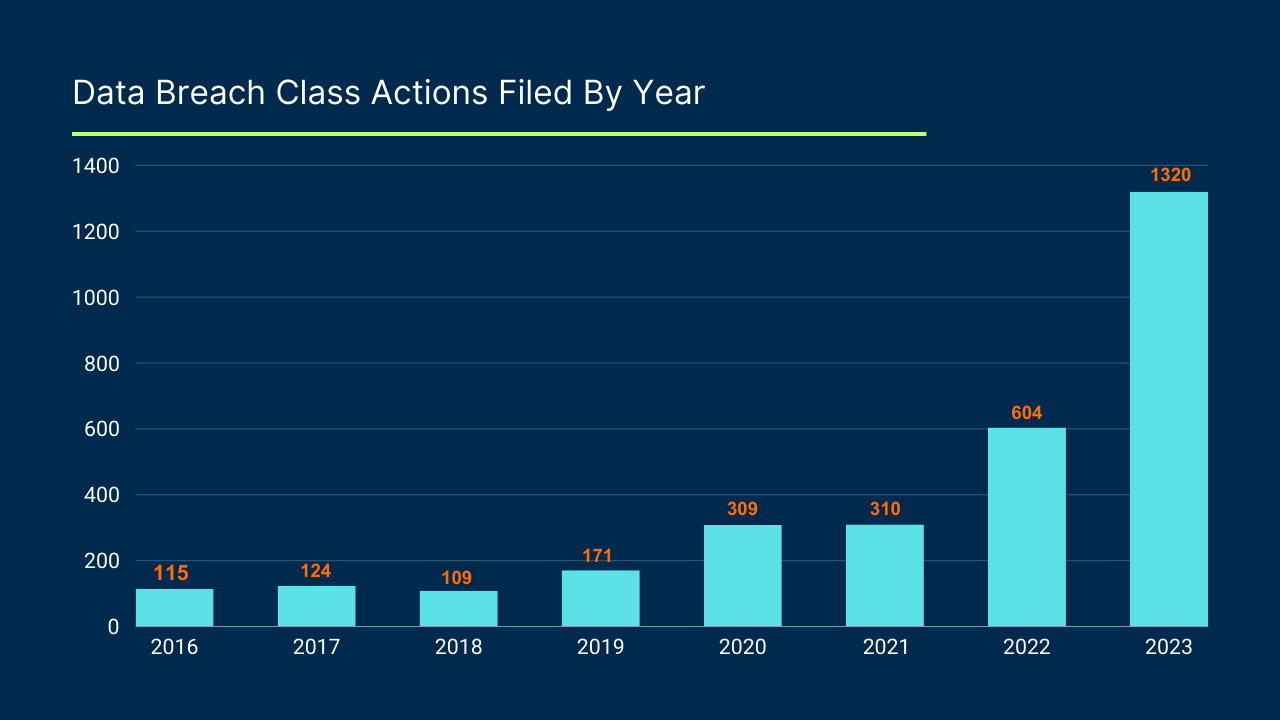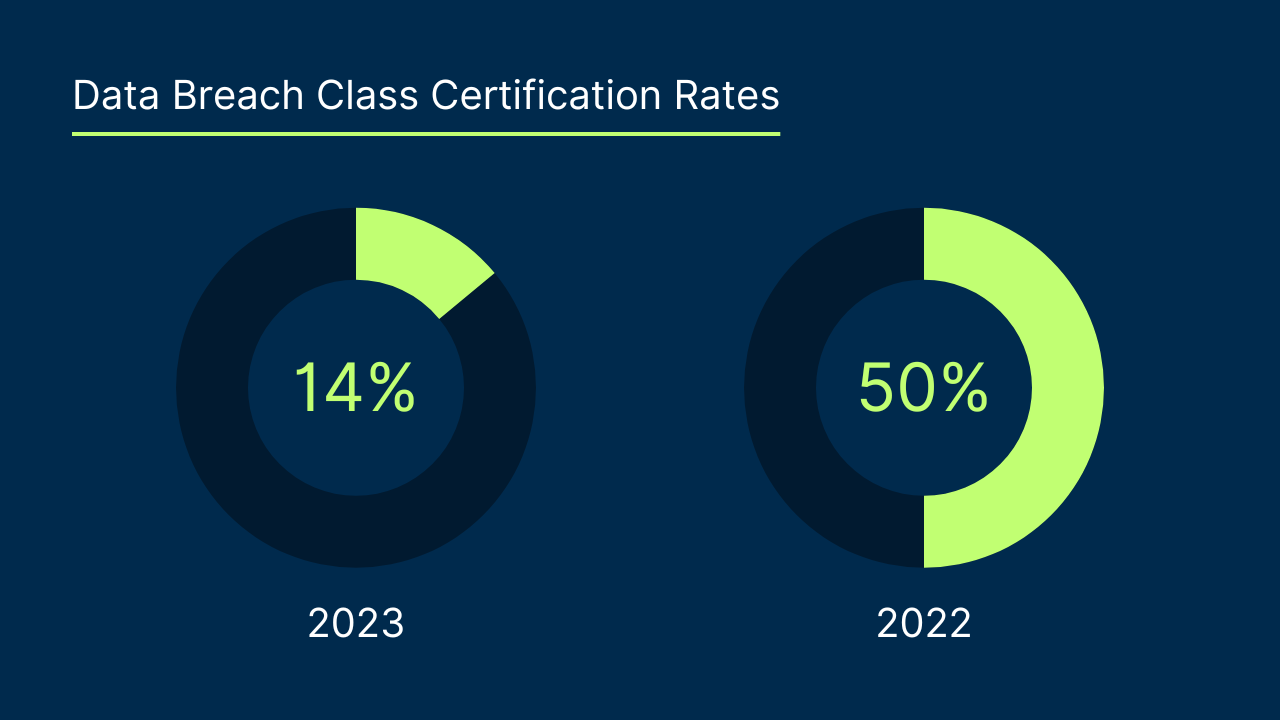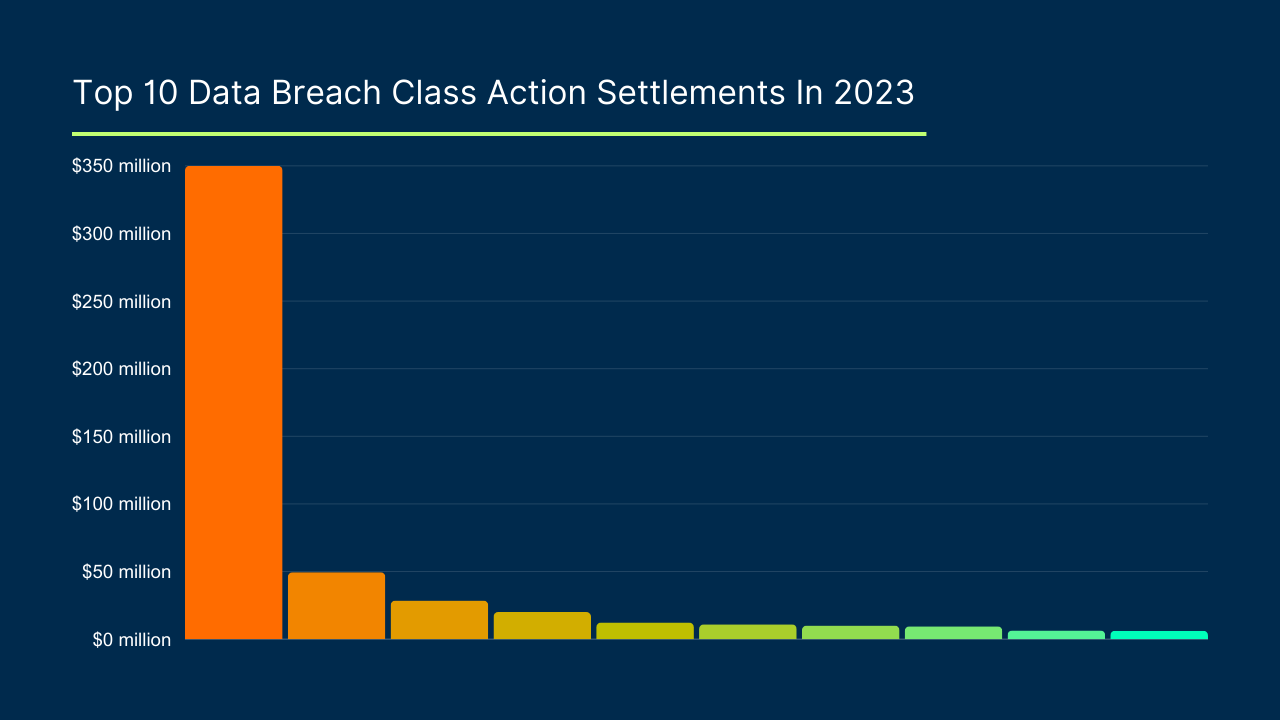Duane Morris Takeaway: This week’s episode of the Class Action Weekly Wire features Duane Morris partners Jennifer Riley and Alex Karasik and associate Emilee Crowther with their discussion of 2023 developments and trends in data breach action litigation as detailed in the recently published Duane Morris Data Breach Class Action Review – 2024.
Check out today’s episode and subscribe to our show from your preferred podcast platform: Spotify, Amazon Music, Apple Podcasts, Google Podcasts, the Samsung Podcasts app, Podcast Index, Tune In, Listen Notes, iHeartRadio, Deezer, YouTube or our RSS feed.
Episode Transcript
Jennifer Riley: Welcome to our listeners. Thank you for being here for our weekly podcast the Class Action Weekly Wire. I’m Jennifer Riley, partner at Duane Morris, and joining me today is my partner, Alex Karasik, and our colleague, Emilee Crowther. Thank you guys for being on the podcast.
Alex Karasik: Thank you, Jen. Happy to be part of the podcast.
Emilee Crowther: Thanks, Jen. I’m glad to be here
Jennifer: Today on the podcast we are discussing the recent publication of this year’s edition of the Duane Morris Data Breach Class Action Review. Listeners can find the eBook publication on our blog, the Duane Morris Class Action Defense Blog. Alex, can you tell our listeners a little bit about our new publication?
Alex: Absolutely, Jen. We’re very excited about this new publication. The purpose of the Duane Morris Data Breach Class Action Review is really multi-faceted. The volume of data breach class actions exploded in 2023. And these types of cases come with unique challenges, including those involving issues of standing and uninjured class members. And these issues continue to vex the courts leading to inconsistent outcomes. Data breach has emerged as one of the fastest growing areas in class action litigation. After every major (and even some of the not-so-major) report of data breach – companies can now expect resulting negative publicity, which in turn often leads to class action litigation. This saddles companies with significant costs to both respond to the data breach as well as deal with these mega lawsuits. In this respect, we hope this book will provide our clients and corporate counsel with an analysis of trends and significant rulings in the data breach space which will enable them to make informed decisions when dealing with litigation risks in this area. And hopefully, this can be a key desktop reference for all those whoever might encounter a data breach class action.
Jennifer: Defense of data breach class actions is continuing to grow into a high-stakes arena. The playbook of the plaintiffs’ class action bar and data breach cases continues to press the legal envelope on how courts are willing to interpret injuries stemming from data breaches and methods for calculating damages. The Review has dozens of contributors, thus manifesting the collective experience and expertise of our Class Action Defense Group. Emilee, what benefits can this offer our clients?
Emilee: Well, there are a lot of different benefits that could be offered. But while a data breach can be perpetrated in any number of ways, the legal issues that arise from the theft or loss of data largely fall within the same set of legal paradigms. The Review provides examination of the recent developments and settlements in the law and the area of data breach class action litigation. This publication assist our clients by identifying developing trends in the case law and offering practical approaches in dealing with data breach class action litigation.
Jennifer: What were some of the key takeaways from the publication with regard to litigation in this area in 2023?
Emilee: It remains somewhat difficult to obtain class certification for plaintiffs in data breach class actions this year, with only 14% of motions for class certification being granted. However, while data breach class actions pursued a decade ago faced little prospect of success, recent developments in the law and subsequent jurisprudence are providing momentum for the plaintiffs’ class action bar. Plaintiffs can more readily show standing and successfully plead duty, causation, and damages. A fundamental question in most data breach class actions is whether the plaintiff can show that he or she has standing to assert claims.
Alex: We also discuss in the Review the impact that the MOVEit Customer Data Security Breach Litigation will have on the data breach class action landscape in general. Although this class action is in its infant stages, the Judicial Panel on Multidistrict Litigation has consolidated more than 100 class action lawsuits resulting from an alleged cyber gang in Russia’s exploitation of a vulnerability in the file transfer software MOVEit. The group threatens to publish files to its website, which leaks private data. The impacts of this data breach are still unfolding, but it certainly has significant stakes. The long-term fallout might include personally identifiable information (“PII”) being leaked potentially of up to 55 million people. Some of the affected entities include Shell, TIAA, American Airlines, the U.S. Departments of Energy and Agriculture, the government of Nova Scotia, and the Louisiana and Oregon Departments of Motor Vehicles. So there’s lots of folks impacted in this one.
Jennifer: Thanks, Alex. This data breach litigation is at the top of the watch list as we move into 2024, we will be sure to keep our listeners updated with all of the important developments. The Review also talks about the top data breach settlements in 2023. How do plaintiffs do in securing settlement funds this past year?
Emilee: Well, Jen, plaintiffs did very well in securing high dollar settlements in 2023. The top 10 settlements totaled $515.75 million dollars. The top settlement alone in 2023 was $350 million dollars in a case called In Re T-Mobile Customer Data Security Breach Litigation, which resolved claims that cybercriminals exploited T-Mobile’s data security protocols and gained access to internal servers containing the personally identifiable information of millions of customers.
Jennifer: We will continue to track those settlement numbers in 2024, as record-breaking settlement amounts have been a huge trend that we have followed for the past two years. Thanks Alex and Emilee for being here today, and thank you to our loyal listeners for tuning in. Listeners, please stop by the blog for a free copy of the Data Breach Class Action Review eBook.
Emilee: Thank you for having me, Jen, and thank you listeners.
Alex: Thank you, listeners, we appreciate you!




